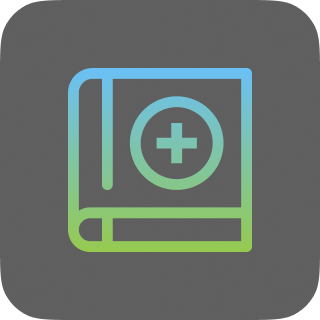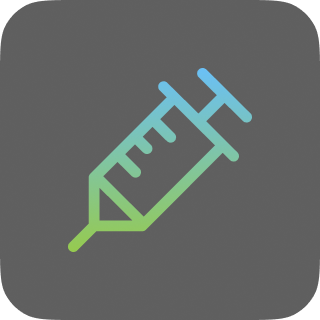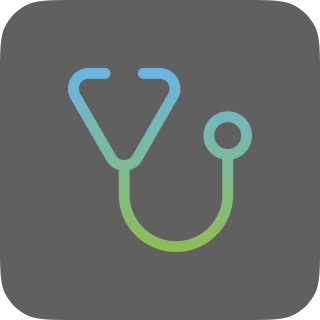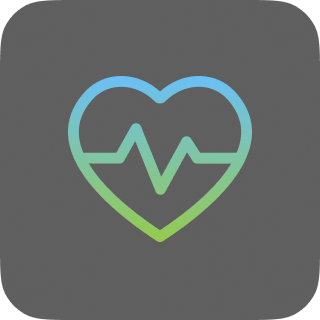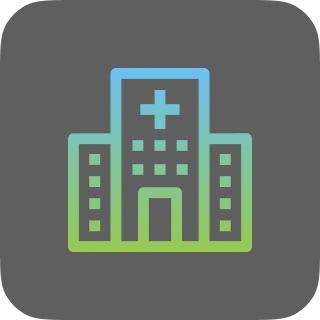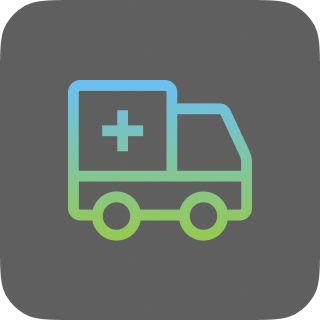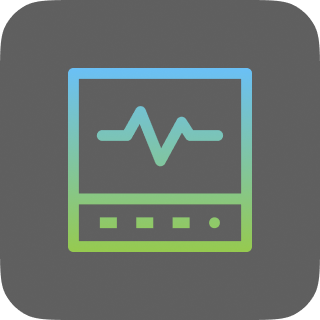Our team
A healthcare Provider is defined as a person who helps to identify, treat, and prevent illness. We have various kinds of healthcare providers including Physicians (MD or DO), Physician Assistants, Nurse Practitioners, Lactation Consultants as well as other specialists trained in their field.
Our team consists of various professionals, staff and specialty areas.
M.D, is a Medical Doctor and obtain pre-medical course requirements in college, then attend medical school for 4+ years of physician training, then complete a medical residency for additional training in the specialty of their choice. M.D.s are required to renew their licensure by taking an exam every 7-10 years.
D.O. is a Doctor of Osteopathic Medicine and attend an Osteopathic Medical School for 4+ years after completing their pre-medical courses in college. They are then required to participate in a 1-year internship in which they learn more about the core specialties and rotate among Internal Medicine, Family Medicine, Pediatrics, Surgery and Obstetrics and Gynecology, along with electives of their choice. Once they complete their internship, D.O.s enter into residency of their choice for additional training and education.
D.O. is a Doctor of Osteopathic Medicine and attend an Osteopathic Medical School for 4+ years after completing their pre-medical courses in college. They are then required to participate in a 1-year internship in which they learn more about the core specialties and rotate among Internal Medicine, Family Medicine, Pediatrics, Surgery and Obstetrics and Gynecology, along with electives of their choice. Once they complete their internship, D.O.s enter into residency of their choice for additional training and education.
A Nurse Practitioner (NP) is a Provider who has completed a Bachelors degree in nursing, then went on to complete a Masters Degree as well. Because individual states have different licensing requirements, a nurse who earns a state license and has completed the required training courses is eligible to apply for national certification through the American Academy of Nurse Practitioners. After completing the education and certification, Nurse Practitioners are able to take histories, examine and treat, prescribe medications, and follow patients long-term. NPs also work closely with the Physicians.
A Physician Assistant (PA) completes, after college graduation, a formal secondary training program accredited through the Accreditation Education Commission for the Education of Physician Assistants. This training program can be completed in 2 years, if done on a full-time schedule. The training program includes classroom work, plus rotations in various medical specialties, including Pediatrics, Internal Medicine, Obstetrics and Gynecology, and Surgery, among many others.
PAs are required to pass the Physician Assistant National Certifying Exam before they’re eligible to practice, and they’re required to re-certify by exam every 10 years. PAs practice under the guidance of a Physician. They’re able to do many of the same things that a Physician can do — including history taking, examination, and treatment of the patient, prescribing medications, and following up with patients.
A Physician Assistant (PA) completes, after college graduation, a formal secondary training program accredited through the Accreditation Education Commission for the Education of Physician Assistants. This training program can be completed in 2 years, if done on a full-time schedule. The training program includes classroom work, plus rotations in various medical specialties, including Pediatrics, Internal Medicine, Obstetrics and Gynecology, and Surgery, among many others.
PAs are required to pass the Physician Assistant National Certifying Exam before they’re eligible to practice, and they’re required to re-certify by exam every 10 years. PAs practice under the guidance of a Physician. They’re able to do many of the same things that a Physician can do — including history taking, examination, and treatment of the patient, prescribing medications, and following up with patients.
We are very proud of our comprehensive and nationally recognized breastfeeding program staffed by Internationally Board Certified Lactation Consultants (IBCLC). Our program is available to breastfeeding mothers at any stage of the lactation process and open to anyone, not just PAK families and patients. Our goal is to support and help you achieve your breastfeeding goals.
An IBCLC is identified as a member of the healthcare team possessing specialized skills and knowledge in lactation management; and is qualified to provide skilled technical breastfeeding assistance to mothers and babies who may or may not be experiencing breastfeeding problems as well as counseling and support.
An IBCLC is identified as a member of the healthcare team possessing specialized skills and knowledge in lactation management; and is qualified to provide skilled technical breastfeeding assistance to mothers and babies who may or may not be experiencing breastfeeding problems as well as counseling and support.
Last year an estimated 1 million kids under 18 years old required treatment in an emergency department for asthma related symptoms. As part of our overall Asthma management program, education and management of asthma and asthma related diseases including: medication monitoring and compliance; asthma control and action plan; spirometry and nebulizer treatments; patient centered goals and objectives related to control of the disease.
More than 14 million children and adolescents in the United States, or 1 in 5, have a diagnosable mental health disorder that interferes with daily functioning and requires intervention and/or monitoring. While many children with mental health disorders go undiagnosed, primary care Pediatricians and staff have been identifying children with emotional and behavioral disorders at an increasing rate. Accordingly, we offer on-site and telehealth behavioral health evaluation, treatment and counseling services from trained professionals to manage and treat children with behavioral health diagnoses and conditions like ADHD/ADD, depression, eating disorders and others.
It’s estimated that 20% of children and adolescents aged 2-19 years are obese. This rate of child hood obesity raises concern because of its implications on overall health of our children and the increased risks of associated diseases and health conditions including-Coronary heart disease, diabetes, cancers, high cholesterol, stroke & high blood pressure. While childhood obesity rates are alarming, so are eating disorders like anorexia and bulimia, particularly in the pediatric population. Accordingly, we offer on-site nutritional health evaluation, treatment and counseling services for individual, families and groups.
Our Patient Care Staff are trained to assist in the care for children and young adults under the supervision of our Providers. Our PCS consist of Clinical and Triage/Care Coordination.
Our Clinical staff include RN, LPNs, Medical Assistants and other trained support staff to perform various patient care duties including vital signs (height, weight, pulse, temperature, blood pressure, etc) and medical history— all which help our Providers get a complete picture of a patients health status. This important information assists in developing treatment and/or development plans. Clinical staff also assist in procedures, administer vaccines and provide patient education.
Our Triage staff include RNs and LPSs and collaborate with our Providers and Clinical staff to faciliate patient communications with patients and their families with common questions, medical advice, test results, prescriptions, referrals, and specialty appointments. They are your main source and contact for all things medical at PAK.
Our Clinical staff include RN, LPNs, Medical Assistants and other trained support staff to perform various patient care duties including vital signs (height, weight, pulse, temperature, blood pressure, etc) and medical history— all which help our Providers get a complete picture of a patients health status. This important information assists in developing treatment and/or development plans. Clinical staff also assist in procedures, administer vaccines and provide patient education.
Our Triage staff include RNs and LPSs and collaborate with our Providers and Clinical staff to faciliate patient communications with patients and their families with common questions, medical advice, test results, prescriptions, referrals, and specialty appointments. They are your main source and contact for all things medical at PAK.
Our Patient Service Reps or PSRs perform varoius essential tasks that are important to your overall patient experience, including greeting patients, managing appointments, checking patients in/out, maintaining patient accounts and forms, as well as assisting with billing and insurance questions. The PSR staff are your one source for everything PAK!
No description

